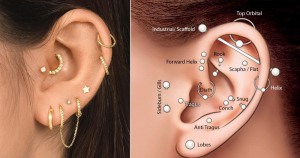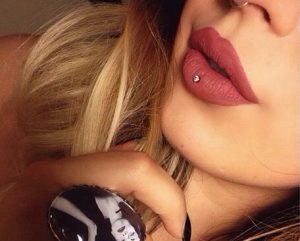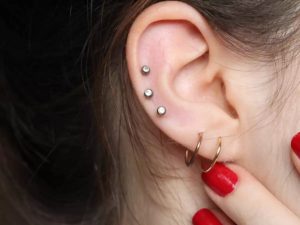Health Risks Associated with Body Piercing Jewellery
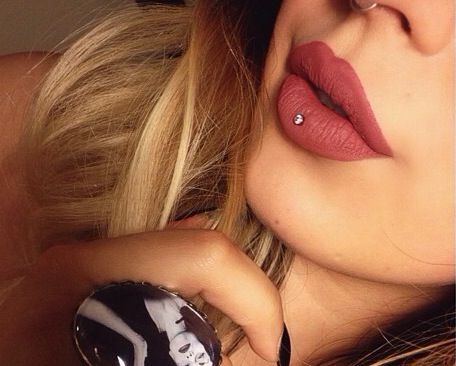
A piercing is the opening of a part of the body to allow jewellery to be inserted. A numbing agent is rarely used. Body piercing jewellery comes with a certain amount of risk, such as the possibility of contracting a bacterial infection. After obtaining a piercing, some people develop an infection. All around piercing, this pus-filled lump can form. This is a potentially dangerous adverse effect. There is a risk of sepsis or blood poisoning if not addressed.
Allergic responses are common. Some piercing jewellery, especially nickel-based ones, can trigger allergic responses.
The Health Risks of Body Piercing
Symptoms of Blood Poisoning:
- High fever
- Chills
- Rapid heart rate
- Rapid breathing
Because of the bacteria present in these areas, infections with mouth and nose piercings are more prone to occur. Body piercing jewellery also carries the following risks:
- The swollen area around the piercing
- Keloid form surrounding the piercing
- Bleeds due to a shattered blood vessel
Tongue Piercings
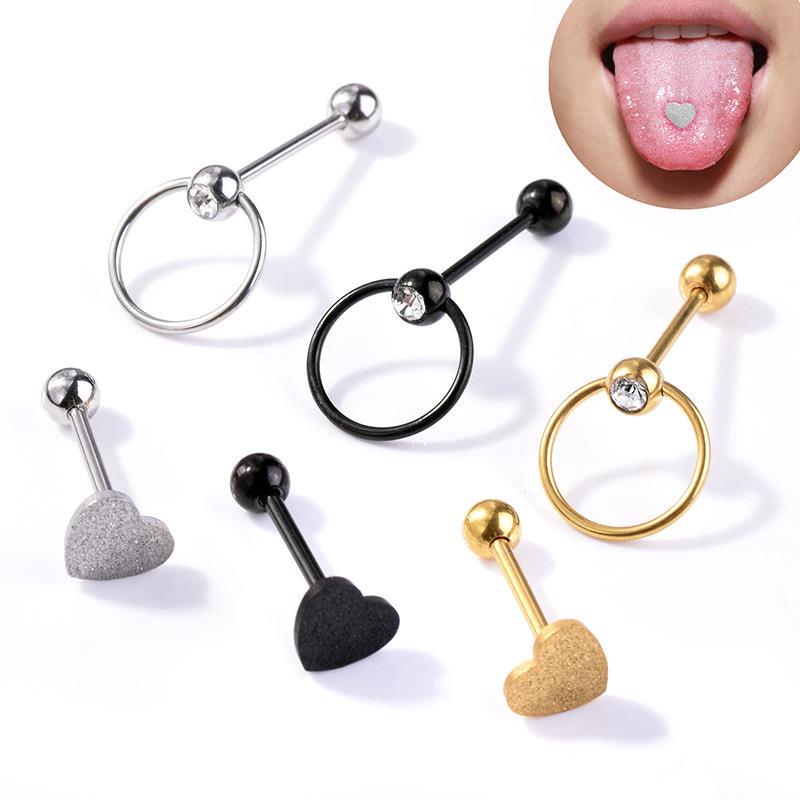
A tongue piercing can harm your teeth and make it difficult for you to talk. Furthermore, if your tongue swells due to the piercing, the enlargement may obstruct your airway. Tongue piercing jewellery can chip, crack, and harm your teeth and gums. After a new piercing, tongue swelling can make biting and swallowing difficult, as well as breathing.
Genital Piercings
When it comes to urine and intercourse, a genital piercing might be painful. Complications are more likely if you have additional medical issues, such as:
- Diabetes
- allergies, particularly if you’ve had an anaphylactic response before
- Eczema and psoriasis are examples of skin ailments.
- a compromised immune system
Skin Inflammations
Following a piercing, you may experience redness, soreness, swelling, or a pus-like discharge. Other skin Scars and elevated areas can occur from piercing due to an expansion of scar tissue (keloids).
Bloodborne Diseases

If the piercing equipment was contaminated with infected blood, including hepatitis B, hepatitis C, tetanus, and HIV, you could get various bloodborne infections. Jewellery can get trapped and ripped out by accident, necessitating stitches or other forms of repair. if you can get more details contact us today!
How can I Avoid Iinfections after Getting Pierced?
- Infection prevention is simple. Keeping your piercing clean shouldn’t take much time, and if you do, you’ll have fewer issues. During the recovery period, the following tips are incredibly crucial.
- After exercising, rinse the pierced skin since sweat can aggravate the piercing.
- Touching and playing with the jewellery, clothing friction, and rigorous cleaning should all be avoided.
- Cosmetics, lotions, hairspray, and other types of beauty products should not be used around your piercing.
- Check your Body piercing jewellery for any loose bits throughout the day, especially if you have a tongue piercing. If a bar gets loose, it may be swallowed or cause irreversible tooth injury. Charms and pendants should not be hung.

